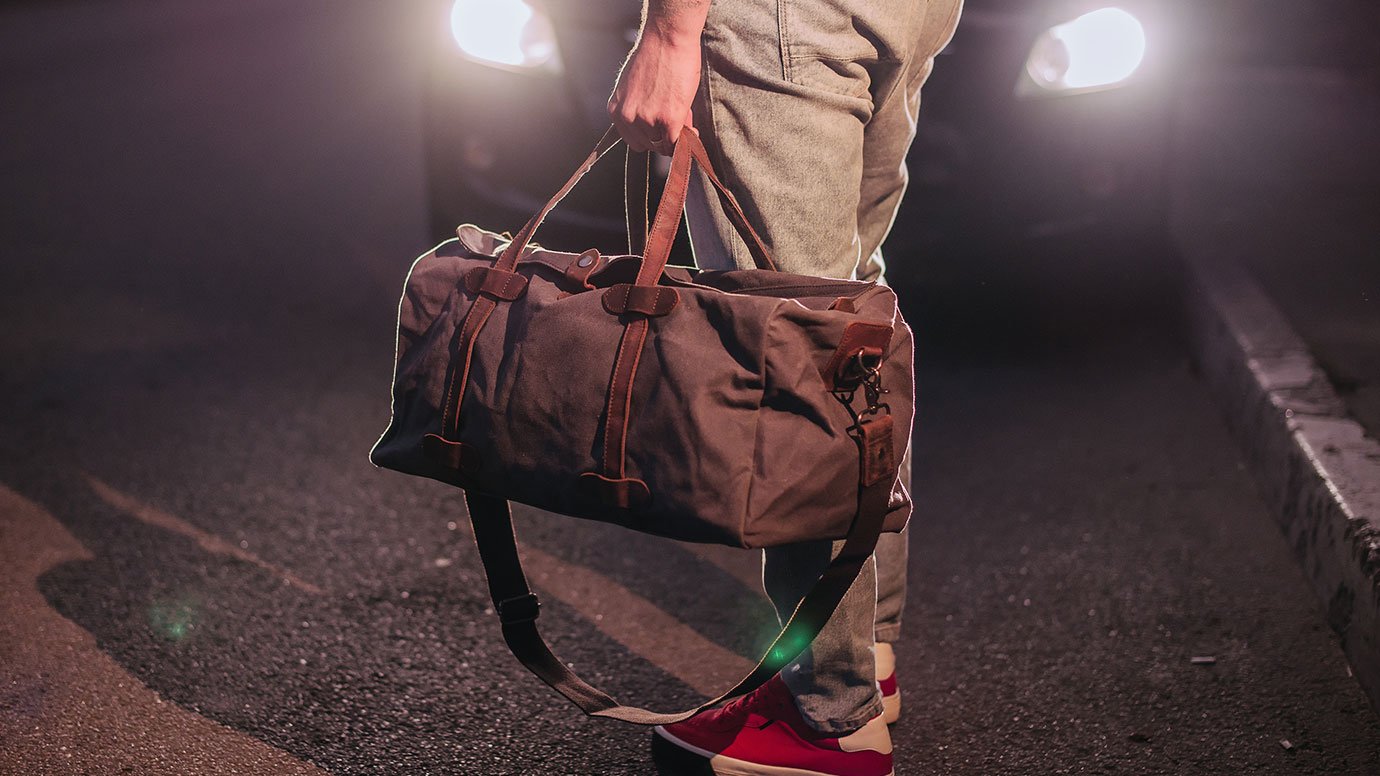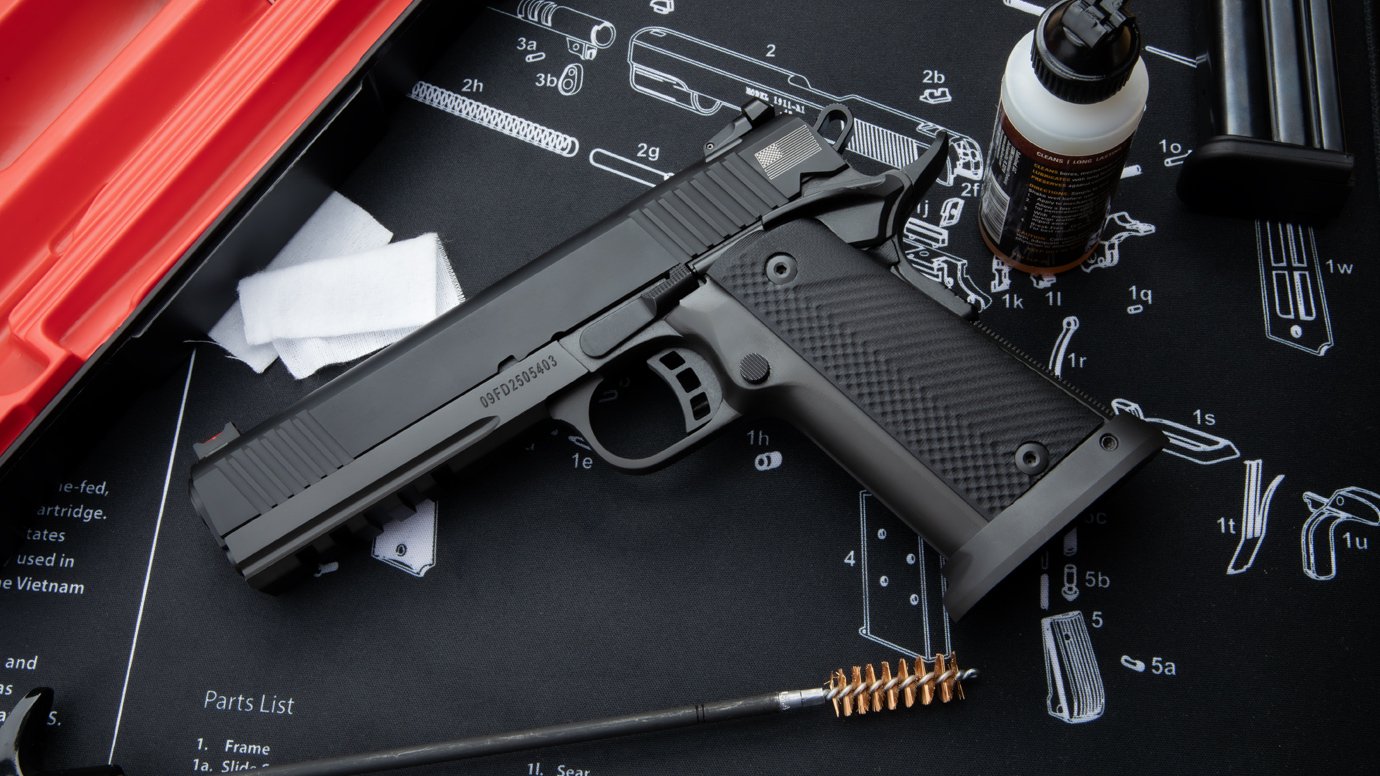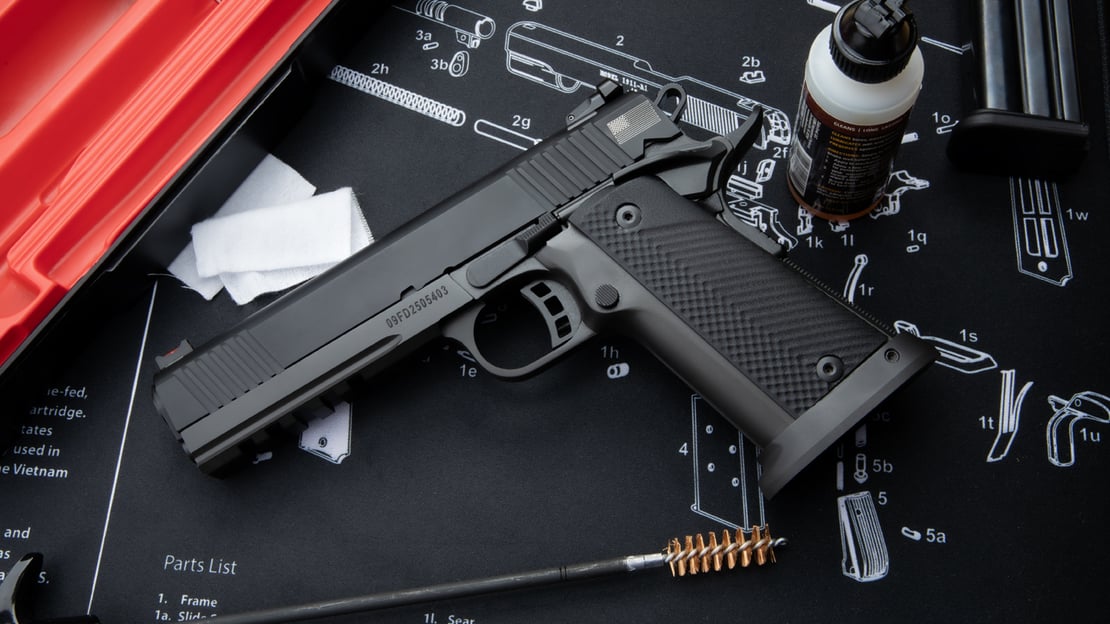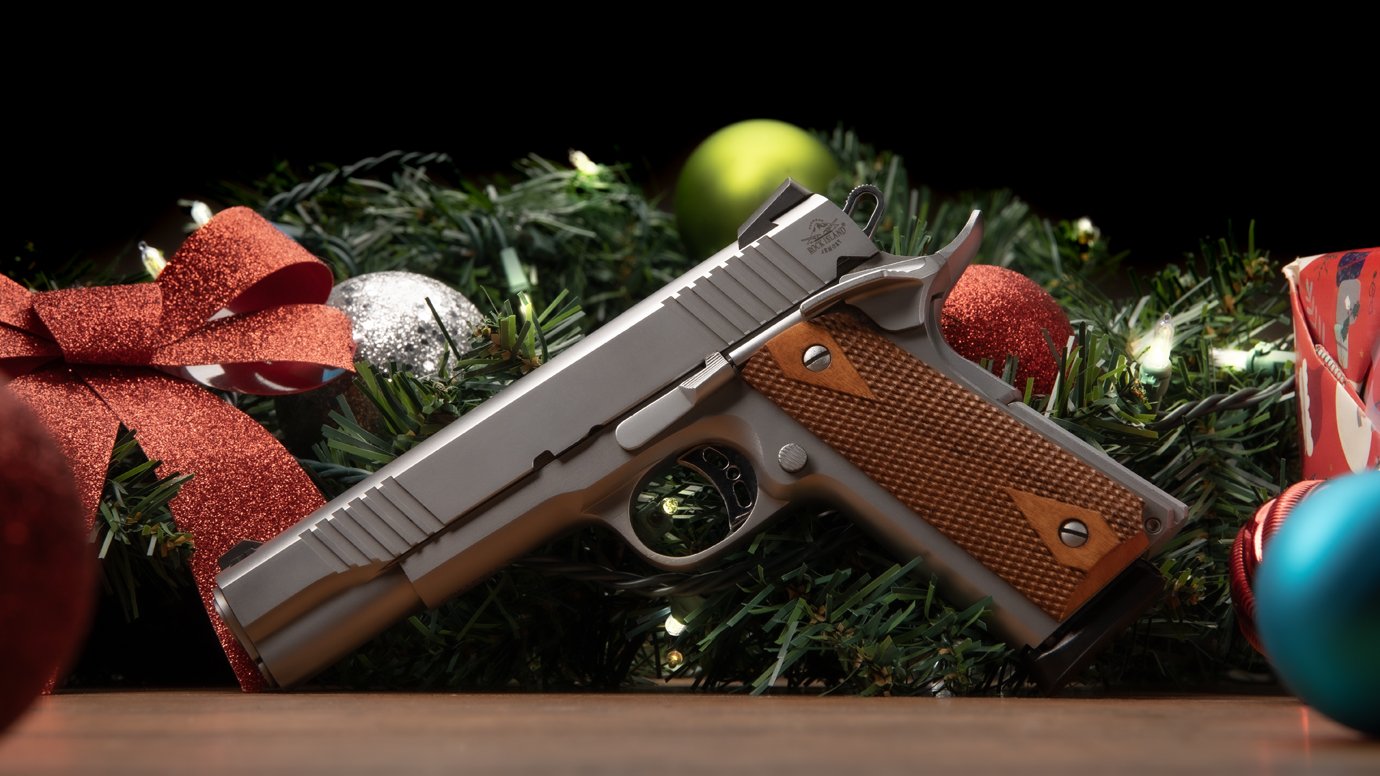4 Questions to Ask When Buying Ammunition
Posted by Team Armscor on Nov 7, 2019 4 Minute Read
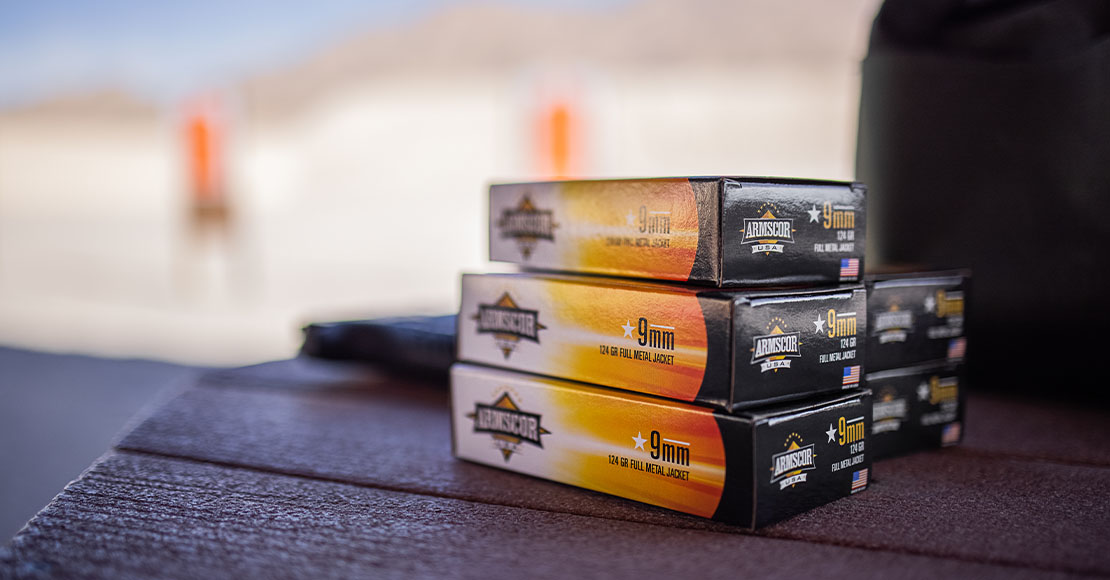
When you go to pick up ammo, what goes through your head? Do you just grab the first box of the right caliber and head to the register? Maybe you stand in the aisle with your jaw on the floor for 30 minutes before timidly making your selection. Your ammo choice is an important element of your shooting experience, and it's important to ask the right questions before you buy.
Read on for four important questions to ask about ammo at your next resupply.
What Are You Shooting?
As any experienced shooter knows, ammo costs can add up quickly, and different types of ammo have different costs. Are you looking to log some time at the range plinking targets? Then maybe you don't need to use the same ammo that you would carry for self defense, which is sure to be more expensive. To phrase this differently, you'll need to decide whether you should be purchasing full metal jacket ammo or hollow point ammo. Hollow point ammo is designed to expand after making contact with its target. Full metal jacket ammunition doesn't come with this specification, which lowers the cost substantially and can save you serious money over the course of the year.
What Quality Are You Looking For?
If you're like most shooters, you've likely spent a considerable amount of time staring at aisles of ammo trying to piece together what ammo is best for your application. Once you've decided between FMJ and hollow point ammo, your next decision is the quality of the ammo you buy. For hollow point ammo, you will probably want to buy the round that performs the best—with cost being less of a factor. These rounds will be the ones that protect your life in a self-defense scenario, so you'll want to use the best available round on the market. The quality of FMJ ammo matters less and, consequently, the purchase process can be a bit more complicated. If you go with low end rounds, you'll likely experience more jams and misfires than you would with higher quality ammo, but the point of buying FMJ ammo is to lower your overall cost, so you're faced with a balancing act.
What's the Velocity?
You may recall from your high school physics class that gravity affects all objects in the same way. This means that it will take a bullet the same amount of time to hit the ground regardless of whether you shoot it out of a gun or simply drop it from the same height. What does this have to do with velocity? Well, the higher your velocity, the quicker the bullet gets to its intended target and the less time it has to drop. This translates into less accommodation for bullet drop which can result in more accurate shots. When picking your ammo, it's important to think about how much bullet drop you're willing to deal with, and to weigh that against the muzzle velocity of the ammunition you're buying.
What's the Return Policy?
We've all bought ammo that didn't measure up to our expectations. Whether it was too expensive, too slow or too prone to misfires, sometimes you just don't gel with the ammo once you get it out of the box. When this happens, it's important to know the store's ammo return policy. If they allow you to return the rounds, then you can swap them out for something that's a bit more your speed. If they don't, then you may want to buy from a place that has a bit more flexibility so you don't end up with a shelf of ammo in your gun safe that you'll never use.
What ammo you pick is an all-too-often overlooked element of the shooting experience. It can lead to financial frustrations and frequent misfires that would be enough to drive anyone up a wall. By asking yourself these questions before you buy, you can save yourself headaches down the line.


